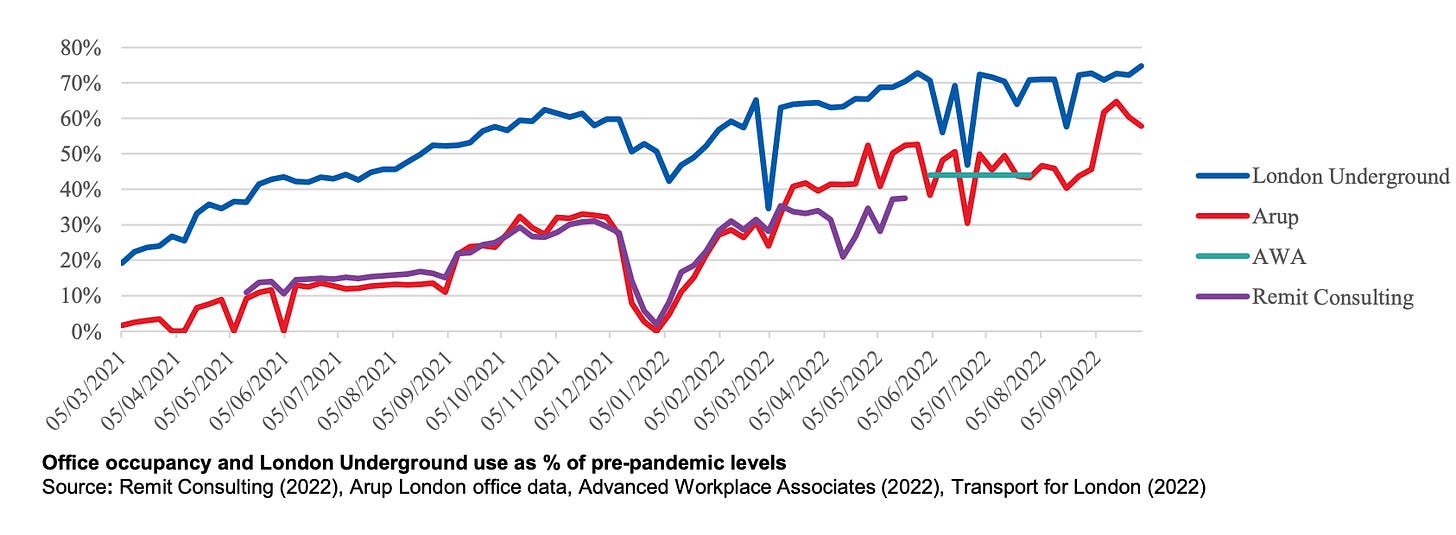
Does your team have a member who seems to bring the rest of their colleagues down? What impact does this have on the rest of the group achieving a happy flow of work?
Last year I did a podcast on the New Zealand rugby team who are one of the many organisations who have evolved to articulating a ‘no dickheads’ rule for their culture. One bad apple seemingly can disrupt what otherwise works harmoniously.
Firstly it would help us to think about what a ‘bad apple’ team member looks like. Professor Will Felps who teaches at Rotterdam School of Management says there are a number of roles that bad apples tend to occupy.
‘the depressive pessimist’ - complaining about the task and casting doubt on the group’s ability to get it done
‘the slacker’ - someone who isn’t interested in working with the group (or even communicating effectively)
‘the jerk’ - dismissing other people’s ideas but offering little original insight themselves
He set about testing what impact these roles had on team dynamics. He assembled groups of four volunteers who were given the opportunity to earn money by participating in a group ask. Unbeknownst to them each of the teams included a bad apple from the different archetypes above. The slacker would put spend their time texting friends, the jerk would sarcastically dismiss everything discussed, the pessimist would bemoan the impossibility of the task ahead. He found that even when the rest of the team were talented and motivated one bad apple profoundly disrupted the performance of the group.
Across months of replications, repeating the experiment dozens of times he found that a team with an underperformer did 30-40% worse than other teams.
What was more alarming was that other team members seemed to pick up the undesirable attributes from the bad apple, soon texting friends or joining in complaints about the challenge they faced. The mere presence of a bad apple served to ruin the performance of teams.
Felps found the best antidote to the bad apple was a good leader who works to diffuse conflict and amp up the communication amongst other team members. Dialling up the sense of connection was also vital.
Learn more: an episode of This American Life that goes deep on the research
Aside: An interesting complication of this is that workers on small teams work harder than workers on bigger teams. As this research shows, as more team members are added individual effort slacks off.
On the subject of bad apples… it’s worth emphasising that the ‘bad apple’ isn’t just someone who doesn’t want to go to the pub with colleagues - one worker who insisted that he didn’t want to have forced fun with colleagues had the last laugh in a French court last week
The Central London Forward forum published some immensely rich data about the impact of WFH on the capital. London’s current economy depends on office workers being present in person - and they wanted to understand how the city will change in the years ahead.
Key findings:
Office attendance is just under half of 2019 levels, and is now more focussed in the middle of the week
Friday is the quietest day of the week, with half of the attendance of Thursday (the busiest day) and only 1/3 occupied
The report concludes that good office jobs is the foundation of great cities and should be a governmental concern. London’s workplace recovery is behind Paris but ahead of New York
The WFH trust gap is real: Managers and workers were asked the effect of homeworking on productivity. Managers think productivity has gone down, workers think its gone up. More on this research
Why Conservatives will lose their battle against WFH - interesting article says that even Tory voters have felt uncomfortable with the line that the party has taken labelling hybrid workers as lazy. (‘Just 33 per cent thought it was alright for politicians to tell them to get back to the office’.)
My book Fortitude is averaging 5 stars on Amazon with dozens and dozens of reviews. You might want to check it out.






